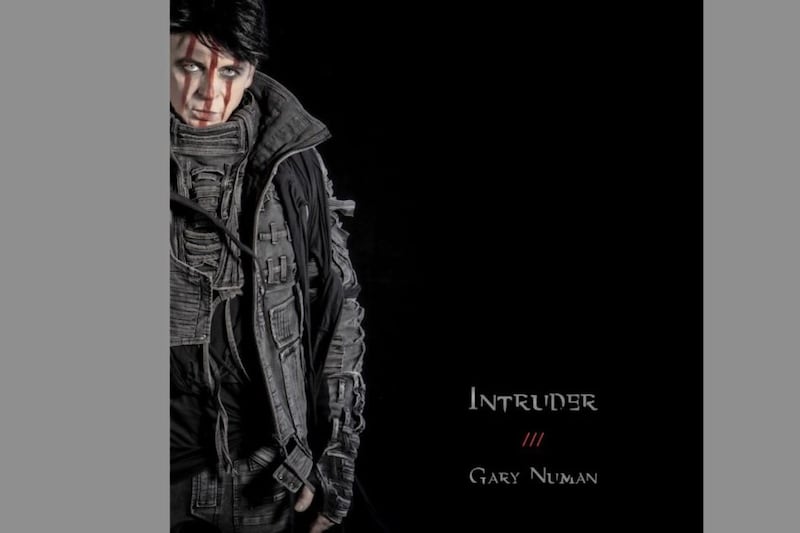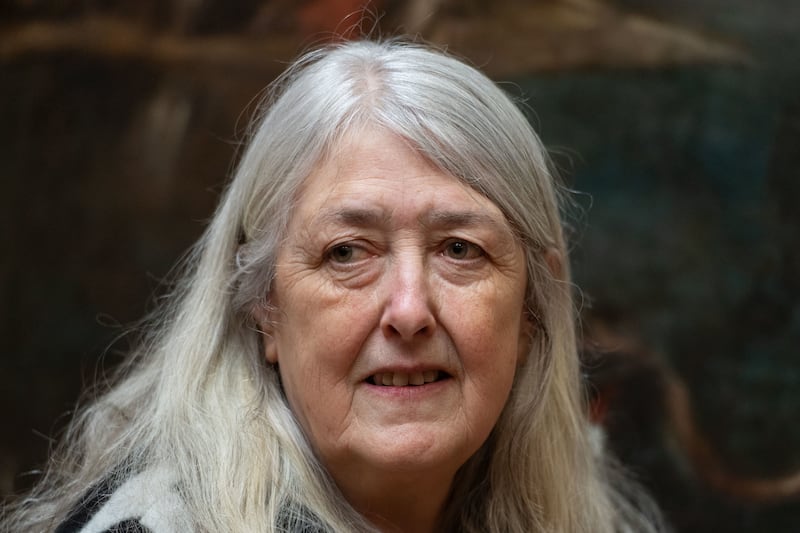TECHNO pop-pioneer Gary Numan and his Tubeway Army appeared on the scene during the 1970s. Painfully shy and suffering a bad bout of acne, 20-year-old Numan, seemed an unlikely star.
Initial reaction was negative with critics slating his music and dubbing his performance ‘wooden’. But, in a music industry hungry for change, his distinctive voice, unique sound and android-like persona whetted an appetite that soon earned him a cult following.
Taking time out from his busy schedule ahead of gigs in Belfast and Dublin next month, Numan reminisces about the highs and lows of fame.
“I didn’t set out to be a pioneer;” he laughs. "But I think it’s cool that I was there, right at the beginning of what turned out to be something pretty special. At the time I’d no idea where it would lead. I was experimenting with sounds and trying to write good songs. Of course, not everyone appreciated or liked what I was doing and I attracted a lot of criticism.
"Some of the worst hostility came from the Musician’s Union, who didn’t consider my work ‘real music’ and threatened to ban me. It was ridiculous. I found it really stressful because without membership I wouldn’t have been able to appear on television. The lack of media exposure could have had serious consequences on my career.”
In 1979, Tubeway Army’s single Are Friends Electric, as well as its parent album, Replicas, reached number one in the charts. A few months later Cars went to the top of the charts in both the UK and Canada. It didn’t reach the same premier position in the United States but settled at a respectable number nine.
The following year, Numan included Cars, now considered his most enduring song, in his album The Pleasure Principle. Over the decades, he’s enjoyed his fair share of success but the journey hasn’t always been via the scenic route.
“Unless you’ve actually suffered depression, it’s impossible to understand how it feels,” he says, turning the conversation toward more painful memories. “I mean it’s no good telling someone to cheer up. That’s like trying to talk them out of having flu. The worst thing about depression is that it’s often contagious. It spreads out, to include everyone around you, especially the family.”
Married for 26 years, his conversation is peppered with affectionate references to his wife Gemma whom he describes as his "buffer".
“We’re very close and work well together. But we’ve certainly had some tough times,” he says. “Depression is bad enough when one partner is suffering but when both are going through it at the same time, only the strongest relationship can survive.
"At one point, we were under a lot of emotional stress. We spent seven years trying for a child. We also had to deal with the trauma of losing our baby. Then Gemma was struggling with postnatal depression. Just when it seemed things couldn’t get worse, I also fell into a black hole of depression. It can be hard to see anything good when you’re in that state and arguments flare up out of nowhere.
"It’s easy to dwell on the negativity but I think one of the best coping mechanisms is to write down what you like about your other half. Remember all the lovely things that made you fall in love with them. If you can get back to that point, you’ll be all right.”
After several rounds of IVF, the couple finally became parents.
“IVF can be a difficult process but when Gemma finally got pregnant, she told me she’d never felt better. She certainly looked brilliant and we were ecstatic when our daughter Raven was born,” he says bubbling with pride.
“Our second girl, Persia, was a complete surprise, albeit a lovely one. We’d been told we couldn’t have children and simply assumed we’d need more IVF to have another baby. We’ve no idea why Gemma conceived naturally. Maybe IVF gave nature a boost and something clicked into place. As for Echo, baby number three, well I’ve no excuse. I cant blame her on our ignorance of the facts. I think we were just lazy!”
Much has been written about whether or not Numan is on the autism spectrum.
“Yes,’ he confirms. ‘I do have Asperger’s Syndrome. I find social situations difficult, especially if I have to make small talk. It’s hard to read body language or the little nuances that go to make up a conversation.
"Fortunately I have Gemma to help me. Unlike my wife, whose care of our home borders on OCD and would put me to shame, I’m not obsessive in that way. But, in things that interest me, I do tend to fixate and take obsession to the extreme. For example, when I was into planes and air-display flying, I wasn’t happy with simply taking part. I had to become a qualified examiner.
"Same thing happened with boats: I simply had to know everything there was to know about them. On the whole, I think having Asperger’s has been a good thing. It’s given me a slightly different view of the world and I truly believe it helped get me through some hard times. I’d never wish it away.”
This year promises to be extra exciting. As well as releasing a video for his new single End of Things (from his current album Savage: Songs From A Broken World) he has a string of UK dates lined up for March, including two in Ireland. Other milestones include 40 years in the business and his 60th birthday – although the big ‘six-oh’ doesn’t seem to phase him.
“I don’t really think about birthdays. Getting older doesn’t bother me – I’m too busy working to dwell on age. But I am looking forward to the year ahead, especially coming to Belfast, which I love. I’ve some very interesting projects on the horizon.”
Despite my attempts, Numan won’t be drawn into discussing his plans.
“I’m saying nothing,” he chuckles. “I don’t want to jinx anything.”
Fans will be wondering if he’s found a new sound or perhaps it’s another passion. He’s done planes and boats – maybe this time, its Cars. Watch this space.
:: Gary Numan plays The Limelight in Belfast on March 28 and The Olympia, Dublin, on March 29. For tickets see ticketmaster.ie






